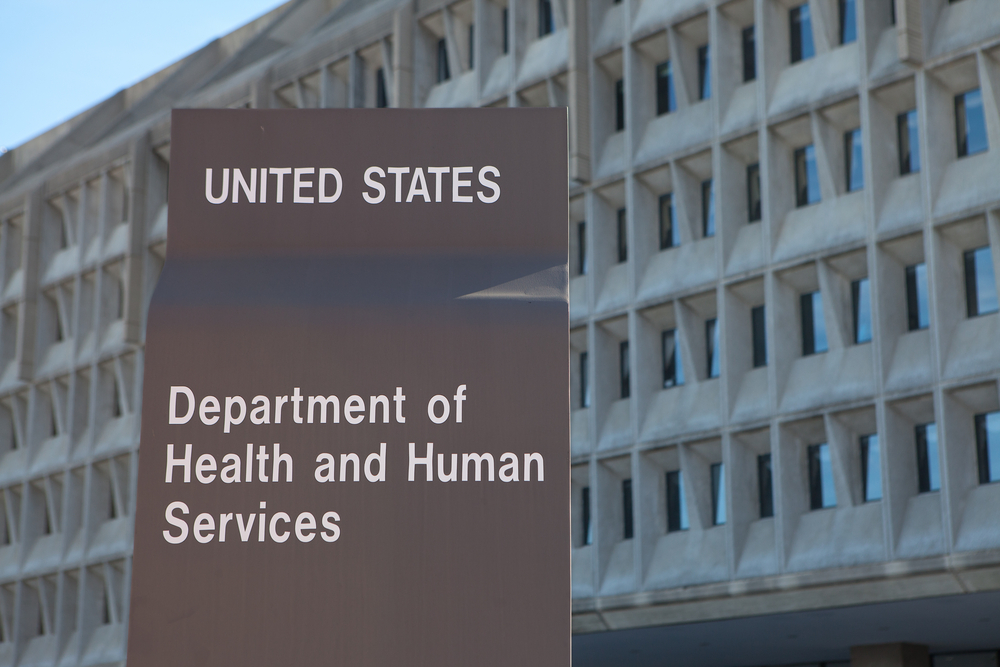The announcement of a new conscience protection rule May 2 protecting health care workers who object to abortion procedures on religious grounds was welcome news to U.S. Catholic bishops and the president of the Catholic Health Association.
President Donald Trump announced the rule at the White House Rose Garden during a speech on the National Day of Prayer.
"Just today we finalized new protections of conscience rights for physicians, pharmacists, nurses, teachers, students and faith-based charities," Trump said.
The rule, issued by the Department of Health and Human Services and enforced by that department's Office of Civil Rights, is more than 400 pages long with specific guidelines requiring hospitals, clinics and universities that receive federal funding through Medicare or Medicaid to certify that they comply with laws protecting conscience rights regarding abortion, sterilization and assisted suicide.
Under the rule, medical workers or institutions would not have to provide, participate in or pay for procedures they object to on moral or religious grounds.
"Laws prohibiting government funded discrimination against conscience and religious freedom will be enforced like every other civil rights law," said Roger Severino, director of the Office of Civil Rights in a May 2 statement.
"This rule ensures that health care entities and professionals won't be bullied out of the health care field because they decline to participate in actions that violate their conscience, including the taking of human life. Protecting conscience and religious freedom not only fosters greater diversity in health care, it's the law," he said.
Last year, the department of Health and Human Services received more than 1,300 complaints alleging discrimination in a health care setting based on religious beliefs or conscience issues.
Archbishop Joseph F. Naumann of Kansas City, Kansas, chairman of the U.S. Conference of Catholic Bishops' Committee on Pro-Life Activities, and Archbishop Joseph E. Kurtz of Louisville, Kentucky, chairman of the bishops' Committee for Religious Liberty, issued a joint statement May 2 commending the adoption of these new regulations to ensure existing laws protecting conscience rights in health care are enforced and followed.
The statement said these laws have been policy for years, but "the previous administration did not fully enforce them and now they are increasingly being violated."
The bishops said health care providers such as nurses and medical trainees "have been coerced into participating in the brutal act of abortion against their core beliefs, while churches and others who oppose abortion are being compelled by states like California to cover elective abortion -- including late-term abortion -- in their health plans."
"We are grateful that this administration is taking seriously its duty to enforce these fundamental civil rights laws, and we look forward to swift action by HHS to remedy current violations in several states," they added.
The bishops also pointed out that "conscience protection should not fluctuate as administrations change" and stressed that Congress should provide "permanent legislative relief through passage of the Conscience Protection Act."
Sister Carol Keehan, a Daughter of Charity and president and CEO of the Catholic Health Association of the United States, said her organization "welcomes efforts to implement and enforce existing federal laws providing conscience protections."
In a May 2 statement, she said the Catholic Health Association is currently reviewing the final regulation.
She stressed that "Catholic hospitals and long-term care facilities welcome and serve all persons in need of care. Our mission and our ethical standards in health care are rooted in and inseparable from the Catholic Church's teachings about the dignity of the human person and the sanctity of human life from conception to natural death. These are the source of both the work we do and the limits on what we will do," she said.
"Every individual seeking health care is welcome and will be treated with dignity and respect in our facilities, " she added.
Critics of the rule have argued that it will limit women's health care access. The same day the rule was announced, San Francisco City Attorney Dennis Herrera sued the Trump administration, saying the rule sacrificed patients' health.
The rule takes effect 60 days after publication in the Federal Register.

